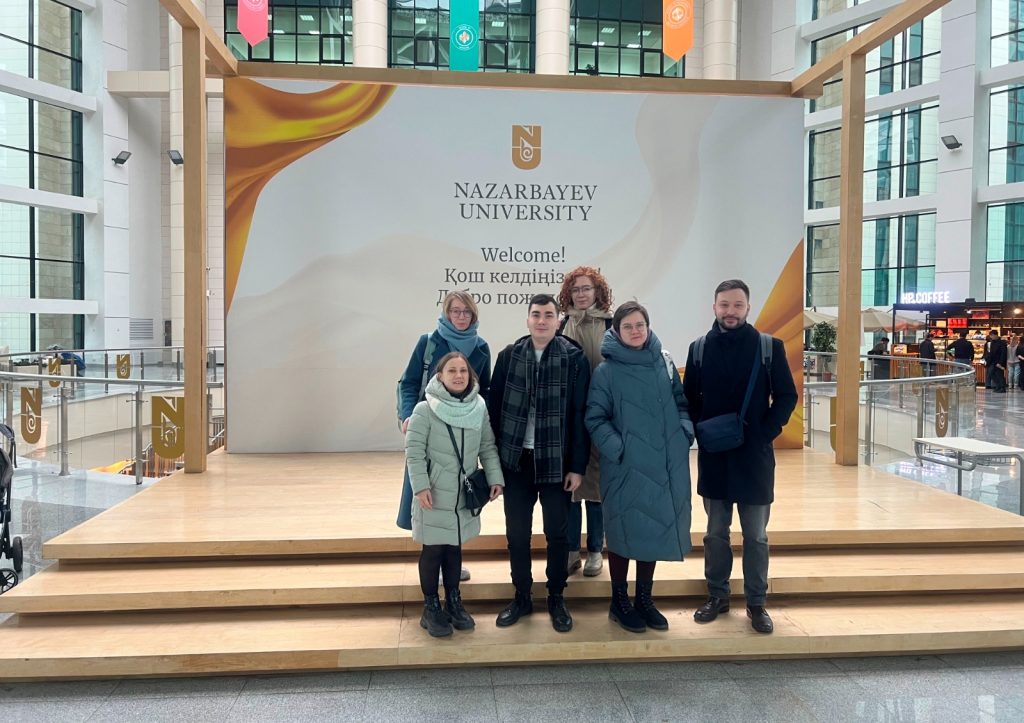International consortium in CAR-T cell therapy shaping up

A KFU delegation visited Kazakhstan to negotiate the details.
Employees of two labs, Industrial Biopharmaceutics and Biomedical Technologies, toured the National Center for Biotechnology in Astana, Nazarbayev University’s Oncological Center, and Kazakh National Medical University.
KFU’s lead CAR-T researcher, head of both involved laboratories Emil Bulatov explains, “CAR-T cell therapy is one of the most promising areas of cancer treatment. The overall survival rate of patients with B-cell leukemia and lymphoma after CAR-T therapy can reach 90 percent. And these are severely refractory patients who have not been helped by earlier lines of therapy such as chemotherapy, targeted therapy and bone marrow transplantation. CAR-T therapy offers a chance for a complete cure even for those patients who are predicted to have only a few weeks to live.”
At the same time, CAR-T cell therapy is a technologically extremely complex area of biomedicine, both in terms of the necessary infrastructure and the availability of specialized competencies among doctors. In addition, changes in legislation are required. According to Bulatov, the CAR-T cell technology field can be compared to the rocket and space industry in terms of complexity.
“Even such an advanced province as ours will not be able to quickly and single-handedly introduce CAR-T technologies into everyday clinical practice. At some point I realized: in order to really implement CAR-T cell technologies in our region within the next few years, we need to form a network consortium with leading Russian and foreign scientific and clinical centers that already have successful experience in the production and application of CAR-T cells for patient treatment. This way we will be able to avoid mistakes and accelerate the achievement of real results,” adds the scientist.
A team poised to test CAR-T therapy in Tatarstan is now taking shape.
“For this purpose, in Russia and friendly countries (primarily Kazakhstan, Belarus, and China), we are establishing cooperation with interested specialized specialists who are involved in the successful practical application of CAR-T cell therapy on patients. We have already attracted oncologists with real clinical experience in CAR-T therapy, specialists in the field of genetic engineering, whose developments have already cured more than one patient, as well as experts in the field of production and regulatory aspects that form the legislative corpus of the Eurasian Economic Union on cell technologies,” says the interviewee.
The CAR-T project is supported by Priority 2030 and Russian Science Foundation. The industrial partners are Izvarino Pharma LLC, Mirkod LLC, and Astana Biomed Group LLP; an agreement is expected to be reached with Venitex LLC.

